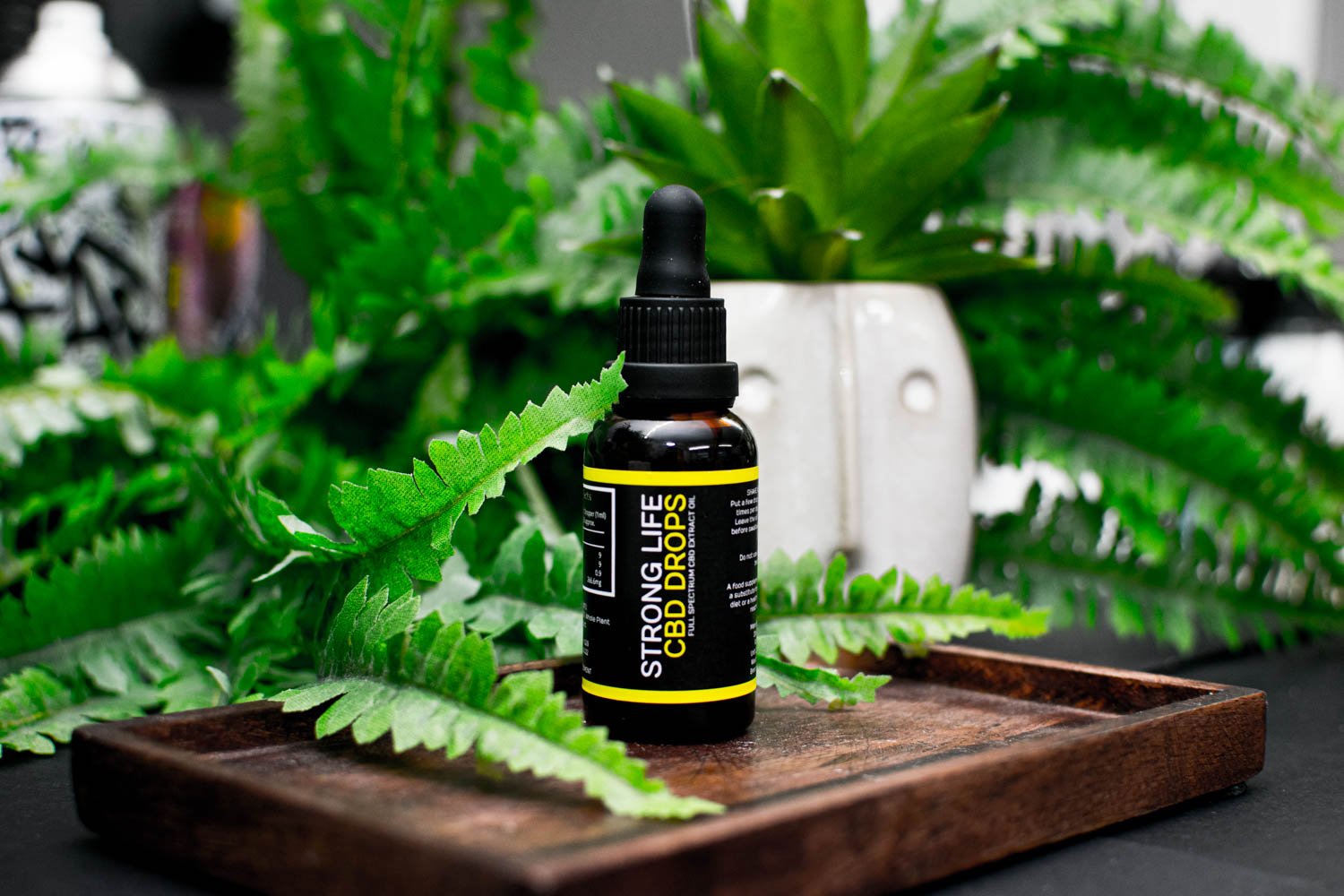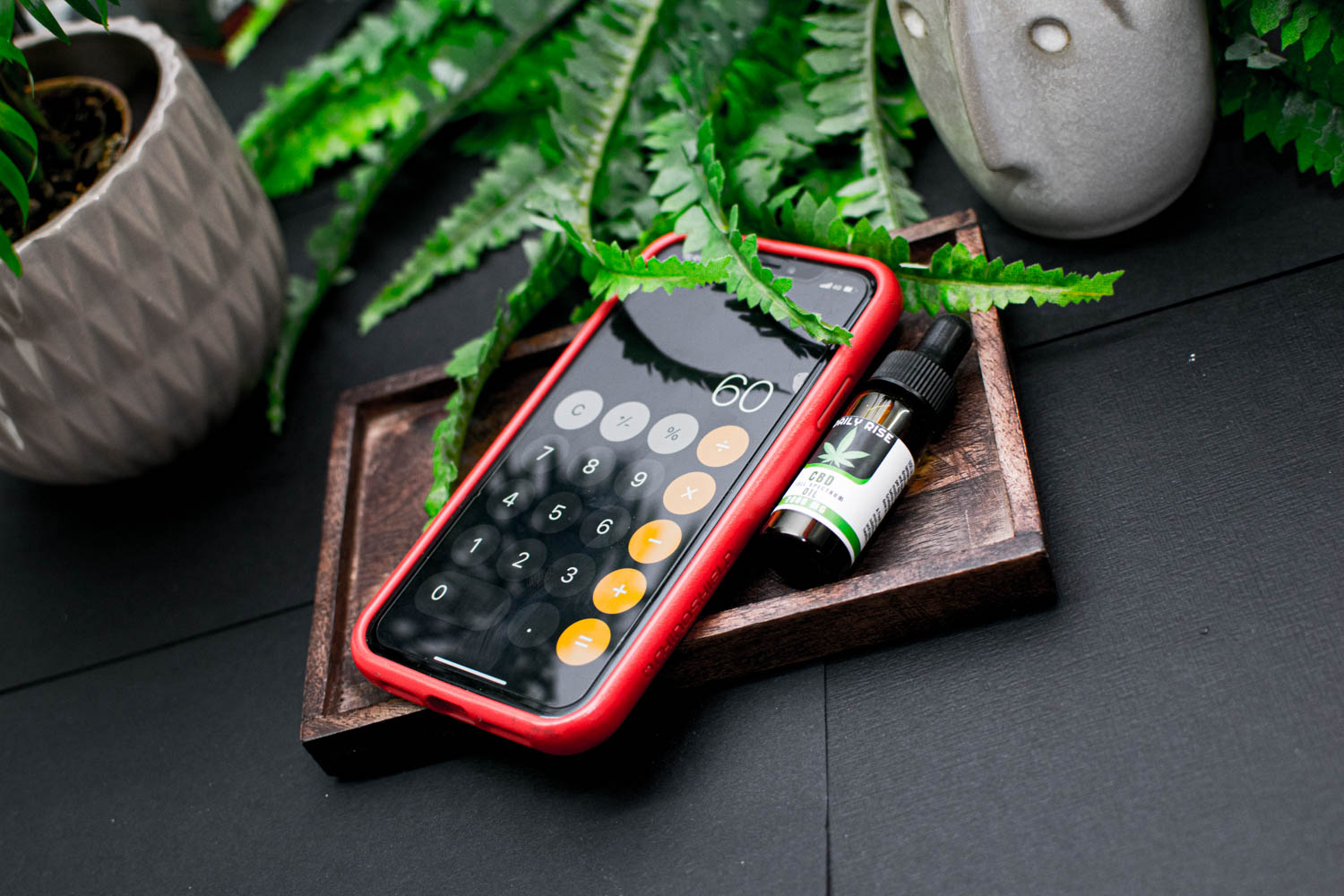
Cannabidiol, or CBD, has become incredibly popular in recent years, particularly in the UK, for its potential to support various aspects of health and well-being. A common question among users is, “How long does CBD last?” The answer depends on several factors, such as how it’s taken, the dose, and your individual body chemistry. In this article, we’ll break down what influences CBD’s duration in your system, how its effects vary, and tips to make the most of your experience with CBD.
Factors Influencing How Long CBD Lasts
The duration of CBD’s effects largely depends on how you consume it and how your body processes it. Let’s explore the key factors:
- Method of Consumption: CBD can be taken in various forms, including oils, capsules, edibles, and topicals. Each method influences how long CBD lasts in your system.
- Dosage: The amount of CBD you take also plays a major role in its longevity. Larger doses may produce longer-lasting effects.
- Individual Metabolism: Everyone metabolises CBD differently. Factors like age, weight, and activity level can affect how long CBD stays in your body.
- Frequency of Use: Regular CBD users might experience longer-lasting effects because the compound may accumulate in the body over time.
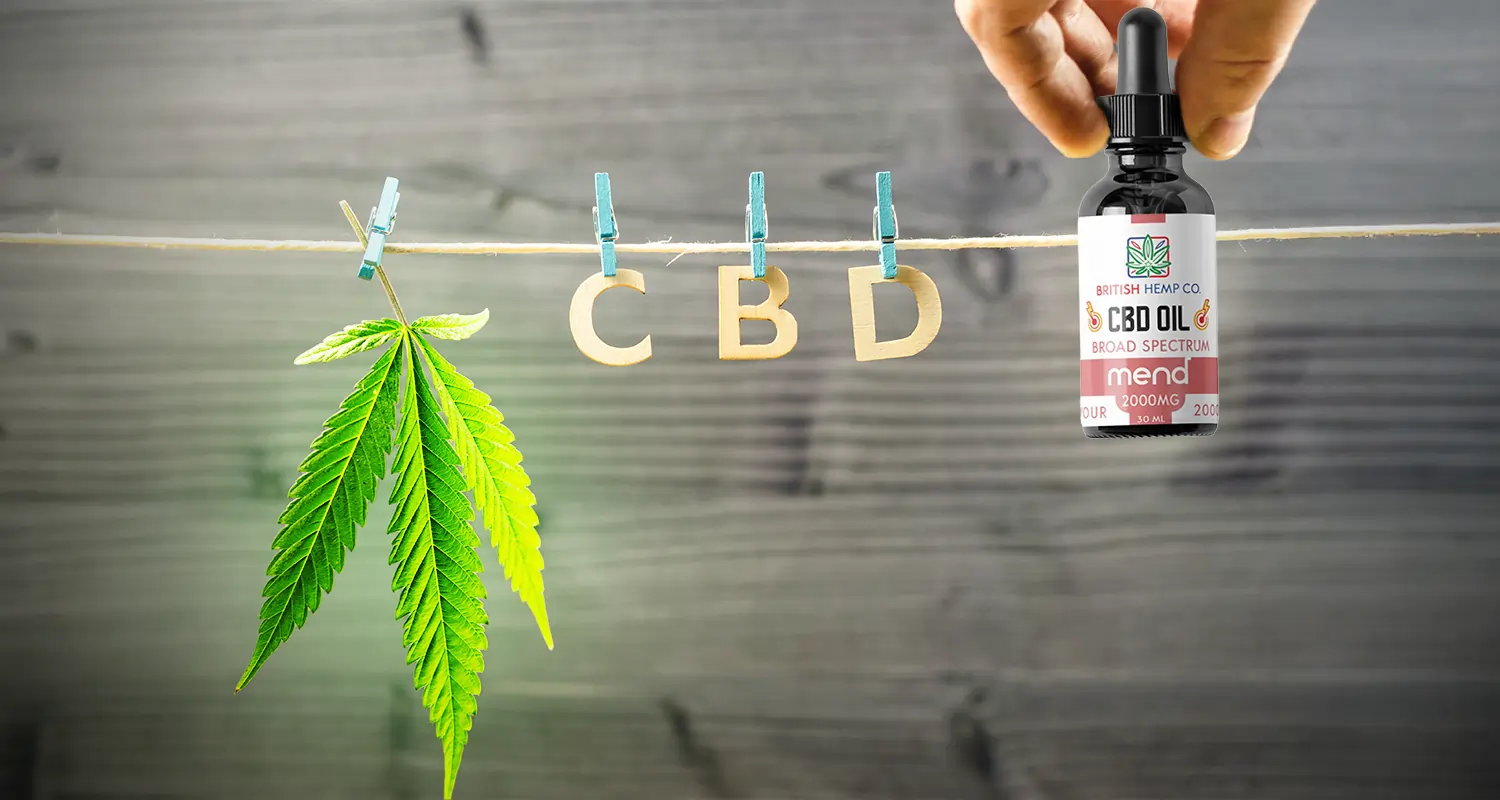
Understanding How CBD Works in the Body
CBD interacts with the endocannabinoid system (ECS), which helps regulate functions like mood, sleep, and immune response. When you take CBD, it binds with receptors in the ECS to potentially provide calming or balancing effects. How long these effects last will depend on how quickly your body processes the compound.
How Long Does CBD Last Depending on the Method?
Sublingual Consumption (Oils and Tinctures)
CBD oils and tinctures are popular because they work relatively quickly. When taken sublingually (under the tongue), CBD enters the bloodstream directly, bypassing digestion. This method may result in effects lasting 4-6 hours for most people.
Sublingual consumption is particularly useful if you want fast and long-lasting relief. However, the duration can vary depending on how much CBD you take and how consistent you are with usage.
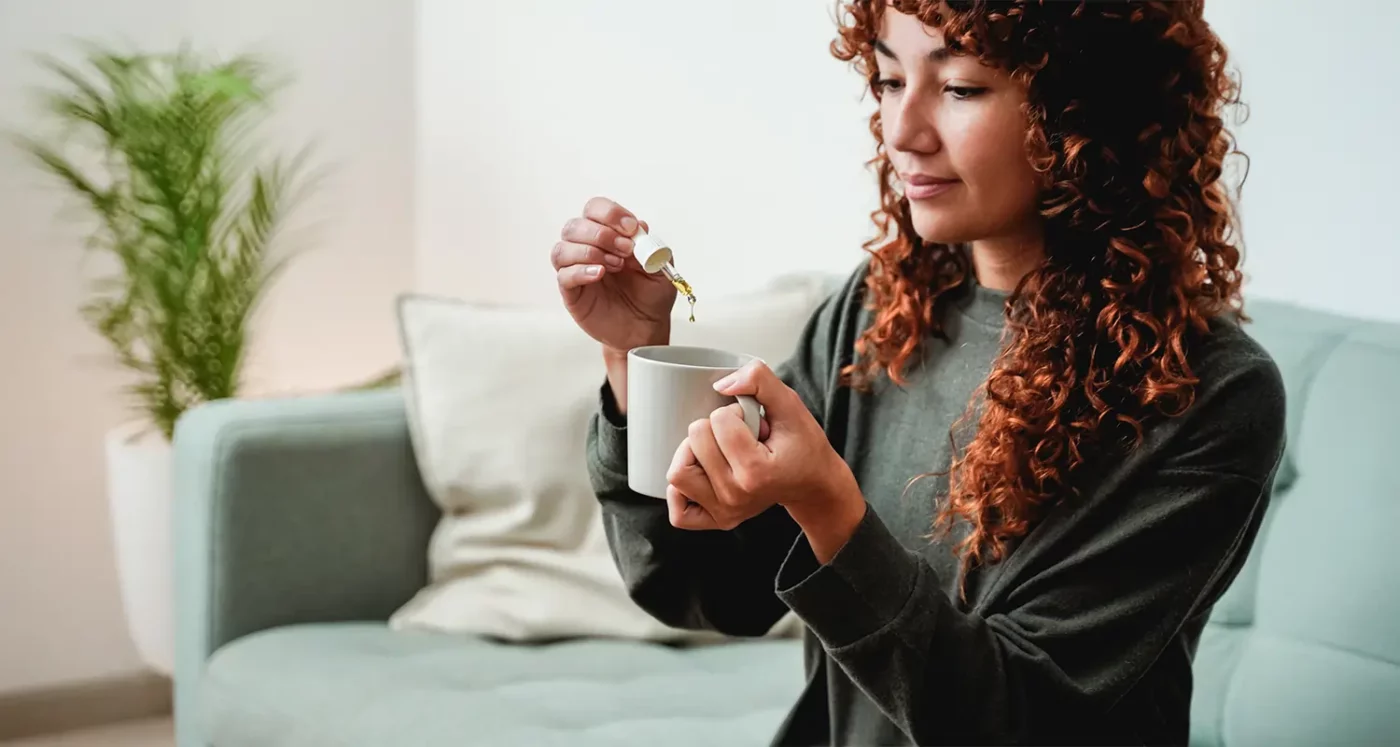
Edibles (Gummies, Capsules, and Drinks)
Edibles are another favourite, especially for those who prefer a tastier or more discreet option. However, since CBD is processed through the digestive system, it takes longer to feel the effects – usually around 1-2 hours.
Once the effects kick in, they may last longer, often around 6-8 hours, because the compound is released slowly through digestion. This makes edibles a good choice for all-day support.
Vaping and Smoking
If you’re looking for the fastest-acting method, vaping or smoking CBD may be ideal. The compound enters the bloodstream directly through the lungs, and users may feel effects almost immediately – usually within 1-5 minutes.
However, the downside to vaping or smoking CBD is that the effects may wear off quicker compared to other methods, typically lasting about 2-4 hours.
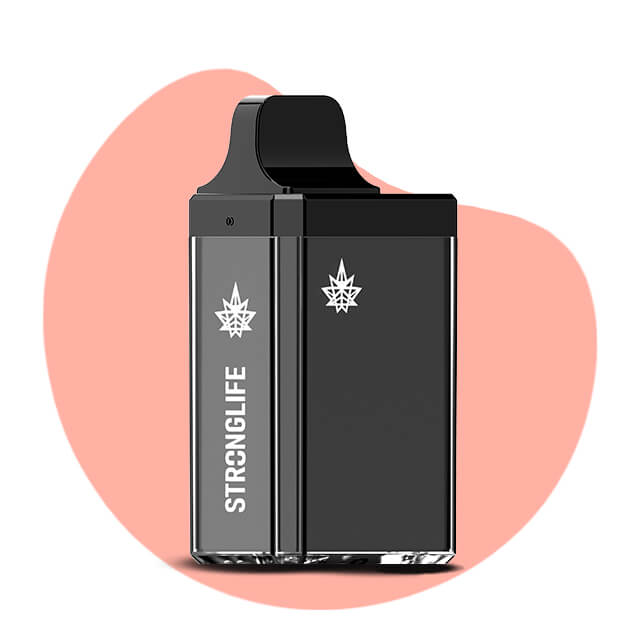
V1 Rechargeable CBD Pod Vape Kit + 1 Pod
Your gateway to smooth, potent CBD vapour. Comes with a free 1500mg CBD vape pod – just pick your flavour and enjoy up to 2500 puffs of pure wellness.
£24.99
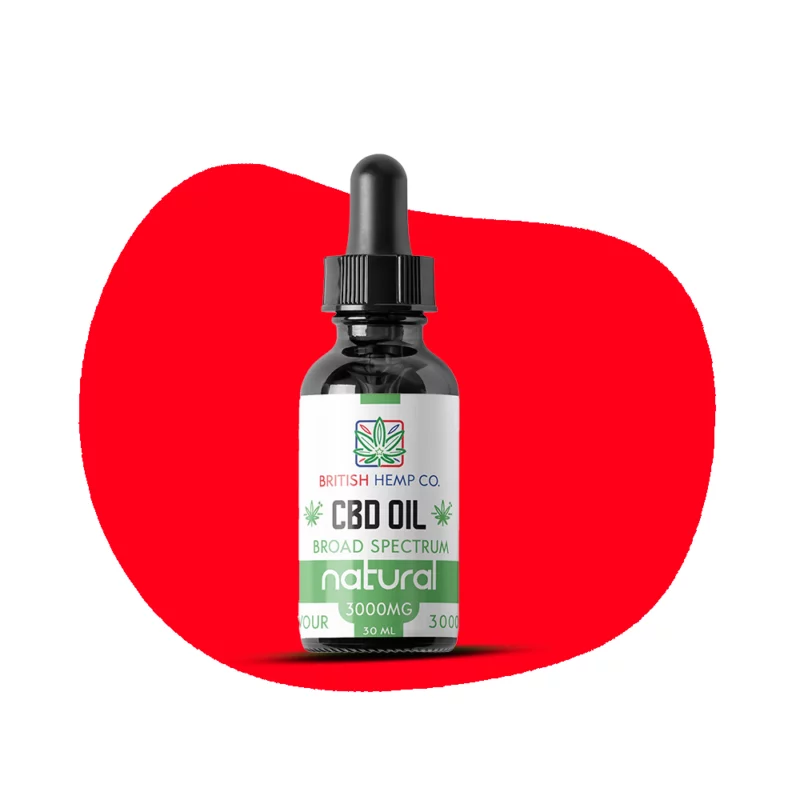
British Hemp Co. CBD Oil – 30ml – Broad Spectrum – 5 Strengths
offers this high quality broad spectrum CBD oil rich in natural cannabinoids, terpenes, flavonoids and phytonutrients. Our oil contains all the benefits of a full spectrum oil but with Zero THC The Oil has been produced using the most natural cold pressed method.
£29.99 – £119.99

ENJOY 20% OFF USING CODE: CBD2025
Topical Applications
Topical CBD products, such as creams and balms, are absorbed through the skin rather than the bloodstream. These are great for targeted relief in specific areas, like sore muscles or joints. While the effects are usually localised, they can last for 4-6 hours or longer, depending on the product and how often you reapply it.
How Long Does CBD Last in the Body?
CBD’s presence in the body can differ from its active effects. On average, CBD may stay in your system for 2-5 days, but for regular users, it could linger for weeks. Here’s why:
- Fat Solubility: CBD is fat-soluble, meaning it’s stored in fat cells rather than being flushed out quickly.
- Body Composition: People with higher body fat percentages may store CBD for longer periods.
- Half-Life: CBD has a half-life of about 18-32 hours, meaning it takes that long for half of the compound to leave your system.
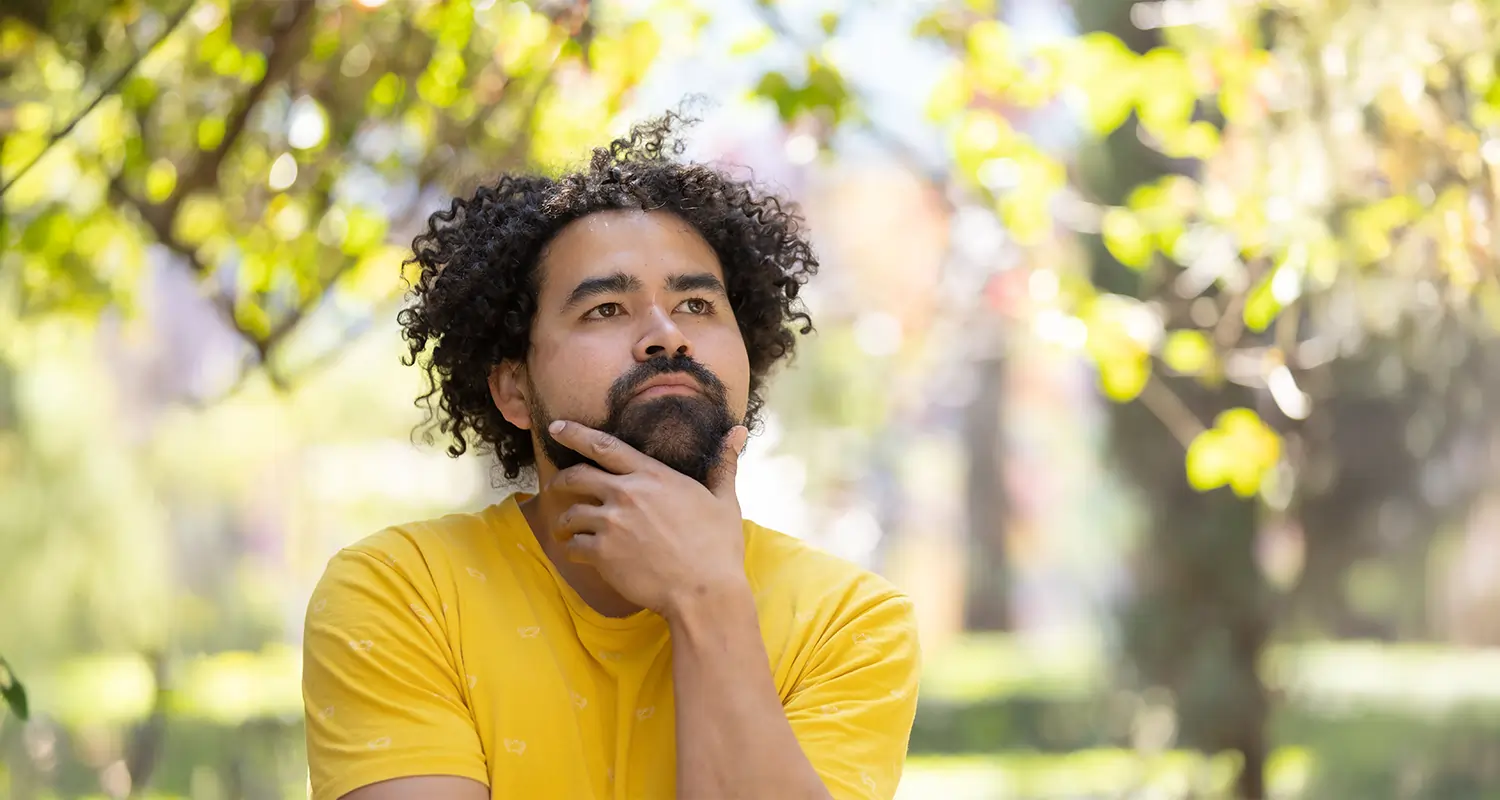
How Long Does CBD Last for Different Users?
- First-Time Users: Effects might feel shorter because the body hasn’t adjusted to processing CBD yet.
- Frequent Users: With regular use, CBD may build up in your system, leading to more consistent and prolonged effects.
Tips to Make CBD Last Longer
If you’re wondering how to get the most out of your CBD products, try these tips:
- Start with a Consistent Routine: Regular use can help your body adapt to CBD, making its effects more reliable over time.
- Choose the Right Method: If you need longer-lasting effects, opt for edibles or oils over vaping.
- Store CBD Properly: Heat and light can degrade CBD, so keep your products in a cool, dark place to maintain potency.
Summary Table: CBD Duration by Consumption Method
| Method | Onset Time | Duration |
|---|---|---|
| Sublingual (Oils) | 15-30 minutes | 4-6 hours |
| Edibles | 1-2 hours | 6-8 hours |
| Vaping/Smoking | 1-5 minutes | 2-4 hours |
| Topicals | 15-30 minutes | 4-6+ hours |
Final Thoughts
So, how long does CBD last? It depends on several factors, including how you take it, how much you use, and your body’s unique metabolism. While effects can range from a couple of hours to an entire day, understanding your preferred method of consumption can help you maximise the benefits of CBD.
Are you ready to explore CBD’s potential in your wellness routine?
Why does CBD wear off so fast?
CBD can wear off quickly depending on the method of consumption and how your body processes it. For example, vaping or smoking CBD has fast-acting effects but a shorter duration, typically around 2-4 hours. Factors like metabolism, dosage, and the quality of the CBD product also influence how long the effects last. Choosing slower-release methods like edibles or oils may provide longer-lasting benefits.
What does CBD feel like when it kicks in?
When CBD kicks in, many users report feeling a sense of calm, relaxation, or reduced tension. Unlike THC, CBD does not produce a high, but it may subtly ease discomfort, improve focus, or create an overall sense of balance. The specific effects can vary based on dosage, method of consumption, and individual differences.
How long does 10 mg of CBD stay in your system?
A 10 mg dose of CBD may stay in your system for about 2-5 days, though its active effects typically last only a few hours. Factors like metabolism, frequency of use, and body composition influence how long CBD remains detectable. For occasional users, it may clear out faster, while regular use could lead to a longer presence in the body.
How long does it take to come down from CBD?
The “come down” from CBD is usually subtle, as it does not create an intense high. Effects gradually fade over 4-6 hours for most methods, such as oils or edibles. For faster-acting methods like vaping, the effects may diminish in 2-3 hours. The experience is generally smooth and non-disruptive.
Do you feel a buzz with CBD?
No, CBD does not produce a buzz or intoxicating effects like THC. Instead, it may promote relaxation, clarity, or reduced stress without altering your perception. This makes CBD a popular choice for those seeking calmness or support without feeling high.
How quickly does CBD calm anxiety?
CBD may begin calming anxiety within 15-30 minutes for fast-acting methods like oils or vaping. Slower methods, like edibles, may take 1-2 hours to take effect. However, results can vary between individuals based on their response to CBD and the severity of their anxiety.
Does CBD make you high or just calm?
CBD does not make you high. It interacts with your body’s endocannabinoid system to potentially promote calmness and relaxation without altering your mental state. This non-intoxicating quality is why CBD is legal and widely used for wellness purposes.
What is the 3-3-3 rule for anxiety?
The 3-3-3 rule for anxiety is a grounding technique designed to help you focus and reduce stress. It involves identifying three things you see, naming three sounds you hear, and moving three parts of your body (like your fingers, toes, or shoulders). While not directly related to CBD, combining this technique with CBD may enhance its calming effects.
How much CBD should a beginner start with for anxiety?
Beginners often start with a low dose of CBD, such as 5-10 mg, and gradually increase until they find what works best. It’s recommended to start small and monitor how your body responds before adjusting the dosage. Consulting with a healthcare provider can also help ensure you use CBD safely.
Is CBD better for you than alcohol?
CBD may be better for your overall well-being than alcohol, as it doesn’t cause intoxication or hangovers. While alcohol can impair judgment and harm the liver with excessive use, CBD is non-addictive and may support relaxation without the risks associated with drinking. However, individual preferences and health conditions should be considered.
Does CBD show on a drug test?
CBD itself typically does not show on drug tests. However, some CBD products contain trace amounts of THC, which may result in a positive test. To avoid this, choose CBD products labelled as THC-free or made with CBD isolate.
Can you drive after CBD?
Yes, you can generally drive after taking CBD, as it does not impair motor skills or mental clarity. However, if you feel drowsy or notice any side effects, it’s best to avoid driving until you feel normal. Always ensure the product you use is free of THC, which can cause impairment.
Is CBD good for anxiety?
CBD may help with anxiety by interacting with the body’s endocannabinoid system, which plays a role in regulating mood and stress responses. Some studies suggest that CBD could reduce symptoms of anxiety by promoting a sense of calm and balance. However, more research is needed to confirm its effectiveness, and results can vary depending on individual factors and the severity of anxiety.
What does CBD feel like?
CBD often feels subtle, with many users reporting a sense of relaxation, reduced tension, or mental clarity. Unlike THC, CBD doesn’t cause a high, so its effects are generally described as calming rather than intoxicating. Some people feel energised and focused, while others experience improved sleep or reduced discomfort.
Can CBD help with weight loss?
CBD’s role in weight loss is not yet fully understood, but some research suggests it may support metabolism and fat regulation. It’s thought that CBD may influence “brown fat,” which burns calories for energy, and help regulate appetite. However, CBD is not a magic solution for weight loss, and it works best when combined with a healthy diet and exercise.
Is CBD better than antidepressants?
CBD is not a replacement for antidepressants but may offer a natural alternative for some people looking to manage mild stress or anxiety. Unlike antidepressants, which alter brain chemistry directly, CBD interacts with the endocannabinoid system to potentially promote relaxation. However, it’s important to consult with a healthcare professional before stopping or replacing prescribed


